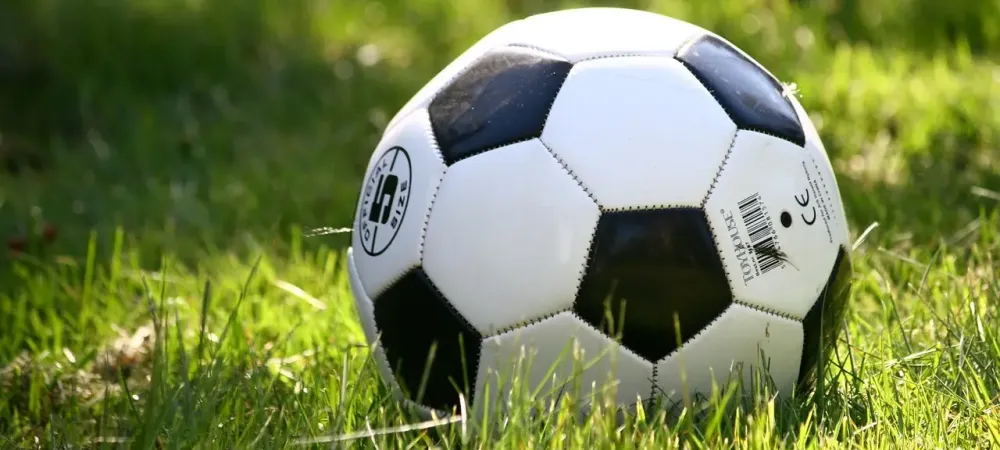Synthetic Turf vs. Natural Grass: What the Research Says About Sports Injuries and Athlete Health

As schools and athletic organizations plan their next field upgrade, many are faced with a key decision: install synthetic turf or maintain natural grass. While synthetic turf has grown in popularity for its low maintenance and year-round playability, concerns about athlete safety and health have increasingly taken center stage.
At RZ Sports Turf, we specialize in natural field construction and drainage systems — and we believe decisions about field surfaces should be informed by reliable, science-backed data. Here's what the latest research says.
Injury Risk: Synthetic Turf Has a Higher Rate of Lower-Extremity Injuries
Several large-scale studies have found that synthetic turf increases the risk of leg, knee, and ankle injuries, especially in high-impact sports like football and soccer.
- A 2022 study in The American Journal of Sports Medicine reviewed over 1,000 NFL games and found that non-contact injuries were significantly more common on synthetic turf. The rate of foot and ankle injuries was 32% higher compared to natural grass.
👉 Link to study
- In NCAA men’s and women’s soccer, ACL injuries occurred more frequently on synthetic turf, according to a multi-year injury surveillance study.
👉 NCAA Injury Surveillance Program
- A 2020 Orthopaedic Journal of Sports Medicine study found that football players were 2.5 times more likely to suffer an ACL tear on synthetic surfaces.
👉 Study summary
Heat & Surface Temperature: Synthetic Fields Can Reach 160–180°F
Synthetic fields can get dangerously hot during warm months — posing risks of heat stress and burns.
- Research from Brigham Young University found that synthetic turf temperatures reached 173°F, while nearby natural grass was only 98°F.
👉 BYU Turf Heat Study
- The Environmental Protection Agency (EPA) confirmed that artificial turf "can become hot enough to cause skin burns" in direct sunlight.
👉 EPA Fact Sheet on Synthetic Turf
Health Concerns: Crumb Rubber & Airborne Particles
Many artificial fields use crumb rubber infill, made from recycled tires. There’s an ongoing debate about potential health effects from inhaling or absorbing these materials.
- A 2019 study from Yale University found that crumb rubber contains 12 known carcinogens and dozens of potentially hazardous compounds.
👉 Yale Crumb Rubber Study Summary
- Concerns have been raised about women's soccer players and increased cancer risk, particularly goalkeepers who are frequently in contact with the turf. While no direct causation has been proven, multiple health agencies have called for more long-term studies.
👉 NBC News Investigation
Playability & Fatigue
Some athletes report increased fatigue and muscle soreness after playing on synthetic fields due to harder ground response and friction.
- The NFL Players Association has publicly called for the removal of all artificial turf, citing data and feedback from professional athletes.
👉 NFLPA Turf Campaign
Natural Grass with Proper Drainage = Safer, More Sustainable
Natural grass systems — especially those with engineered drainage like RZ Sports Turf’s sand-based designs — offer:
- Cooler surface temps
- Lower injury rates
- Aesthetic and environmental benefits
- Improved field longevity
Plus, studies show that well-maintained natural grass offers similar playability and fewer injuries compared to older-generation artificial turf.
Choose Safety, Choose Natural
Synthetic turf may seem convenient, but the risks to athletes' health and safety are worth serious consideration. Natural turf, when installed with proper drainage and maintenance, offers a safer, cooler, and more player-friendly environment — without the long-term health questions.
Contact RZ Sports Turf today to learn how a professionally engineered natural field can save you money and protect your athletes!